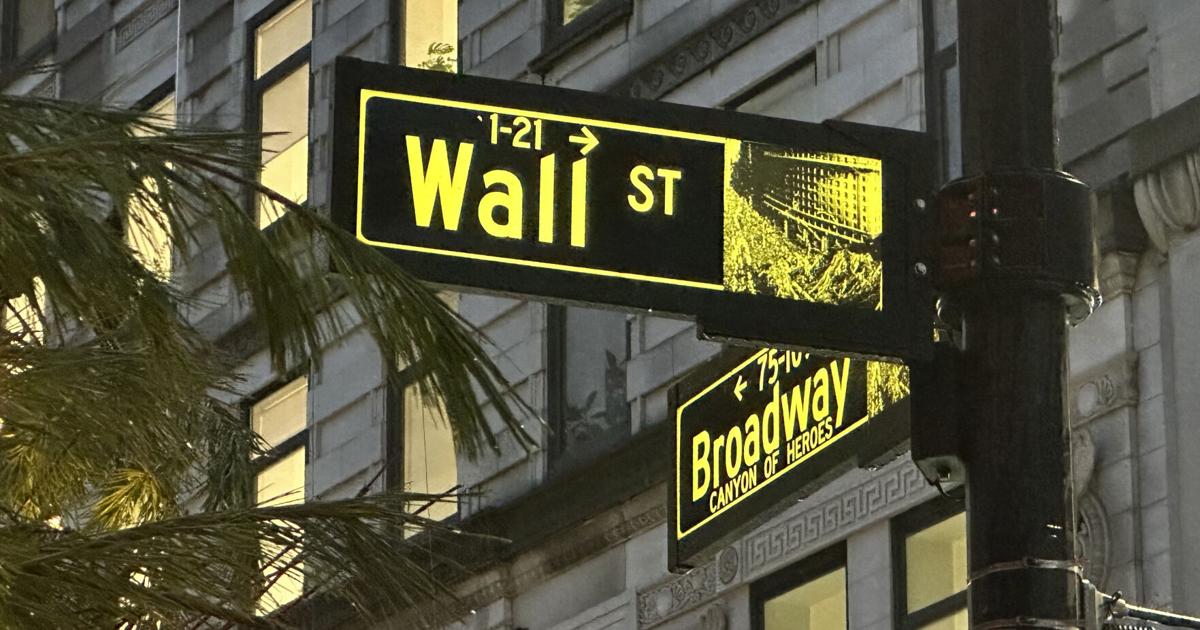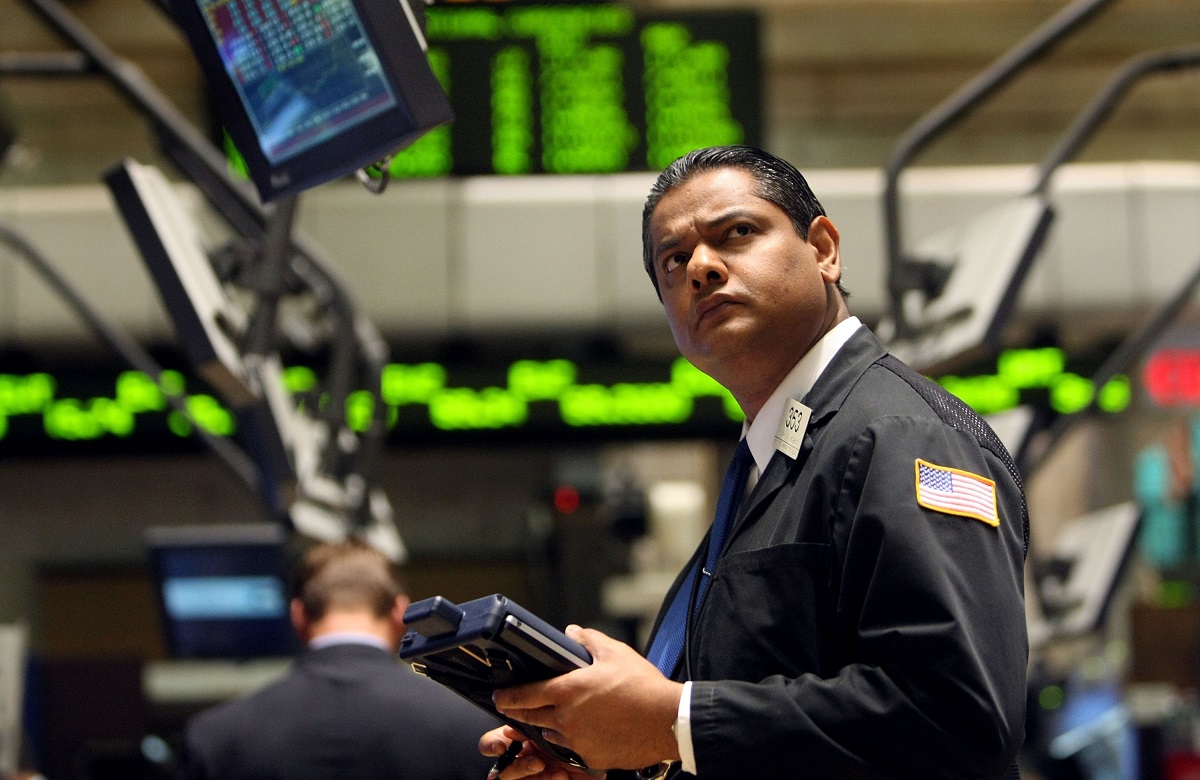Traders work at the New York Stock Exchange on Dec. 17, 2024.
NYSE
U.S. stock futures were little changed Thursday night after a volatile start to the new year.
Dow Jones Industrial Average futures fell by 16 points, or 0.04%. S&P 500 futures and Nasdaq 100 futures dipped 0.04% and 0.03%, respectively.
Stocks kicked off January with a choppy trading session, with investors taking profits in some notable 2024 gainers such as Apple and Tesla. The Dow ended the day lower by more than 150 points, or about 0.4%. The S&P 500 and the Nasdaq Composite slid about 0.2%, each. All three benchmarks were higher earlier in the day, with the Dow having gained more than 300 points at one point, but fell back as the session progressed.
Those moves come after stocks ended 2024 on a sour note, with the S&P 500 closing out the year with four consecutive days of losses, a first going back to 1966. The broad market index notched a stupendous 23% gain for the year, but fell 2.5% in December. The “Santa Claus” rally, in which stocks gain in the final five trading days of one year and the first two of the next, also failed to materialize.
“The setup for some of this weakness was probably very sentiment driven. We had really gotten to a lot of frothy conditions in the aftermath of the election, that post-election rally period, especially when we went back into that concentration problem,” Liz Ann Sonders, chief investment strategist at Charles Schwab, told CNBC’s “Closing Bell” on Thursday.
“I don’t think there was really any kind of prime catalyst,” she added. “I think it was a little bit more of an exhaustion from a sentiment standpoint.”
The economic calendar is thin on catalysts this week, but traders on Friday will watch for the latest reading of the ISM Manufacturing Index. Federal Reserve officials Thomas Barkin and Mary Daly are also set to speak.
Stocks are on pace to close out the week with losses. As of Thursday’s close, the 30-stock Dow and S&P 500 were lower by more than 1%, each. The Nasdaq Composite slid more than 2%.
U.S. stocks likely to deliver third ‘banner year,’ topping international returns, Capital Economics says
“A banner year for the S&P 500 may be followed by another” in 2025, Capital Economics senior markets economist Diana Iovanel wrote to clients Thursday.
“After a stellar 2024, we expect another strong year for U.S. equities in 2025, on the back of continued enthusiasm about AI and U.S. exceptionalism,” Iovanel told clients. “Meanwhile, we think equities elsewhere will generally fare poorly, owing to another trade war.”
The S&P 500 has done little since “the Fed’s ‘hawkish cut’” on Dec. 18 but the coming year is likely to bring “a total return of almost 20% over the year from MSCI’s USA Index and about 10% from MSCI’s World ex USA Index,” the economist added. “That’s because we expect the main drivers that boosted the U.S. stock market over 2024 to continue this year.”
Catalysts include enthusiam surrounding AI boosting big tech stocks, “especially through higher valuations, with gains broadening across the stock market,” plus U.S. economic outperformance relative to other major global economies, “lifting earnings expectations more than elsewhere,” the London-based researcher said.
— Scott Schnipper
Stocks on track to close out losing week
Stocks are on pace to close out the week with losses. Here is where the major averages stand, as of Thursday’s close:
- The Dow Jones Industrial Average is lower by 1.4%
- The S&P 500 is lower by 1.7%
- The Nasdaq Composite is lower by 2.2%
— Sarah Min
ISM manufacturing index due out Friday
The ISM Manufacturing Purchasing Managers Index (PMI), a measure of economic activity based on a survey of purchasing managers, is expected to have dropped slightly to 48.0 in December, down from 48.4 previously, according to Dow Jones consensus estimates.
The data is due out Friday 10 a.m. ET.
— Sarah Min
Stock futures open little changed
U.S. stock futures opened little changed Thursday night.
Dow Jones Industrial Average futures rose by 9 points, or 0.02%. S&P 500 futures and Nasdaq 100 futures gained 0.06% and 0.08%, respectively.
— Sarah Min

















